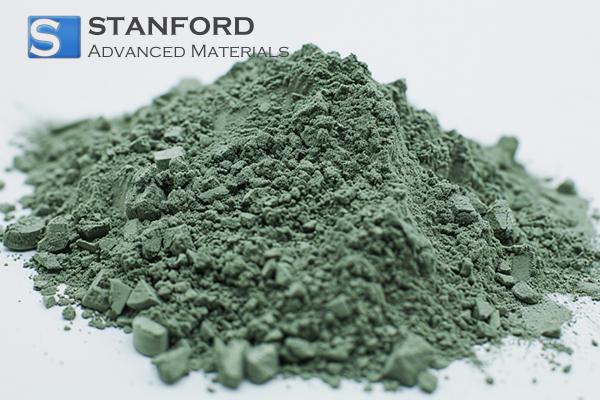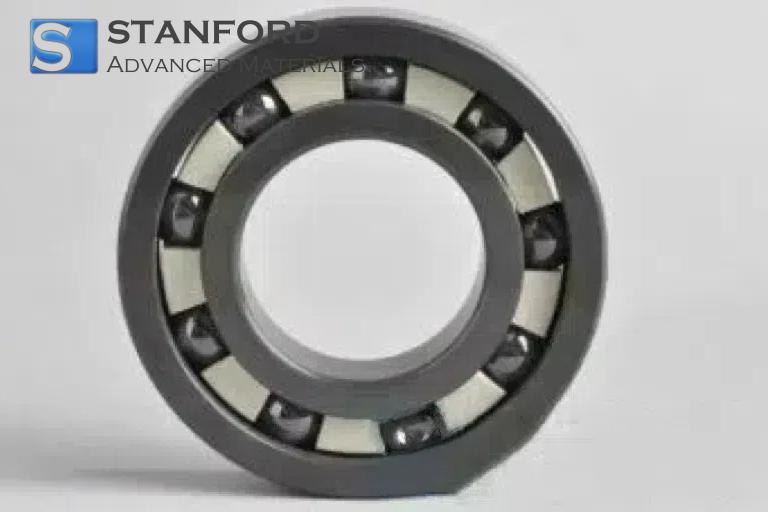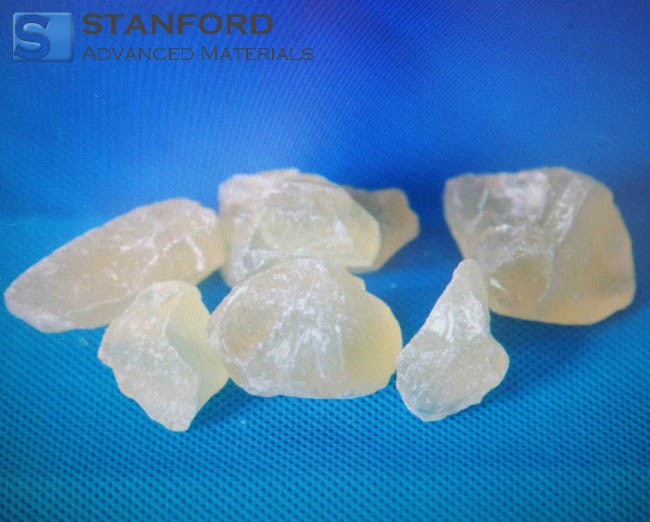Sintered Silicon Carbide Seal (SSiC) Description
Sintered Silicon Carbide Seal (SSiC) is a lightweight ceramic product with high hardness and strength comparable to diamond. It has features of high hardness, high strength, strong wear and corrosion resistance, high-temperature resistance, and high thermal conductivity. The fine particles α-SiC and additives are processed to form granulation powder and then pressed into blank. Through the control of the sintering temperature, the α-SiC crystal is grown in a vacuum sintering furnace at 2100℃ to form a high-purity and high-density silicon carbide material.
Sintered Silicon Carbide Seal (SSiC) Specifications
Specification
|
Properties
|
Unit
|
SSiC
|
|
Volume Density
|
g/cm3
|
≥3.10
|
|
Vickers Hardness
|
HV0.5
|
≥2200
|
|
Rockwell Hardness
|
HRA
|
≥92
|
|
Compression Strength
|
MPa
|
≥2000
|
|
Flexural Strength
|
MPa
|
≥400
|
|
Elastic Modulus
|
GPa
|
≥380
|
|
Maximum Temp.
|
℃
|
1600
|
|
Thermal Conductivity
|
W/(m*k)
|
<160
|
|
Coefficient of Thermal Expansion (RT-1000℃)
|
10-6/℃
|
≤5.0
|
|
Grain Size
|
μm
|
≤10
|
|
Pire Size on surface
|
Mm
|
<0.1
|
Sintered Silicon Carbide Seal (SSiC) Applications
Mechanical Seals: Used in pumps, compressors, and mixers to prevent leakage of fluids or gases. The durability and wear resistance of SiC makes it ideal for handling abrasive and corrosive media.
2. Automotive Industry: Utilized in water pump seals, fuel pump seals, and other components that require high wear resistance and thermal stability.
3. Chemical Processing: Employed in seals for chemical pumps and mixers, where they resist corrosion from aggressive chemicals and high temperatures.
4. Oil and Gas Industry: Used in seals for drilling equipment and processing plants, where they endure harsh environments and high pressures.
5. Aerospace: Implemented in high-performance engines and other components that require lightweight, strong, and heat-resistant materials.
6. Semiconductor Manufacturing: Utilized in wafer processing equipment where purity, wear resistance, and chemical inertness are critical.
7. Power Generation: Used in seals for turbines and other high-temperature, high-pressure applications.
8. Medical Equipment: Employed in seals for medical devices that must maintain stringent hygiene standards and resist chemical sterilization processes.
Sintered Silicon Carbide Seal (SSiC) Packaging
Our Sintered Silicon Carbide Seals (SSiC) are carefully handled during storage and transportation to preserve the quality of our product in its original condition.
Sintered Silicon Carbide Seal (SSiC) FAQs
Q1: Why is sintered silicon carbide used for seals?
A: Sintered silicon carbide is used for seals because of its exceptional hardness, wear resistance, and chemical inertness, which ensure long service life and reliable performance in harsh operating conditions.
Q2: How are sintered silicon carbide seals produced?
A: Sintered silicon carbide seals are produced by pressing SiC powder into a desired shape and then heating it in a sintering furnace. The process may involve pressureless sintering or hot pressing to achieve the final product's density and mechanical properties.
Q3: What are the advantages of sintered silicon carbide seals compared to other materials?
A: Sintered silicon carbide seals offer superior wear resistance, lower thermal expansion, higher thermal conductivity, and better chemical resistance compared to materials like tungsten carbide, alumina, or graphite.










